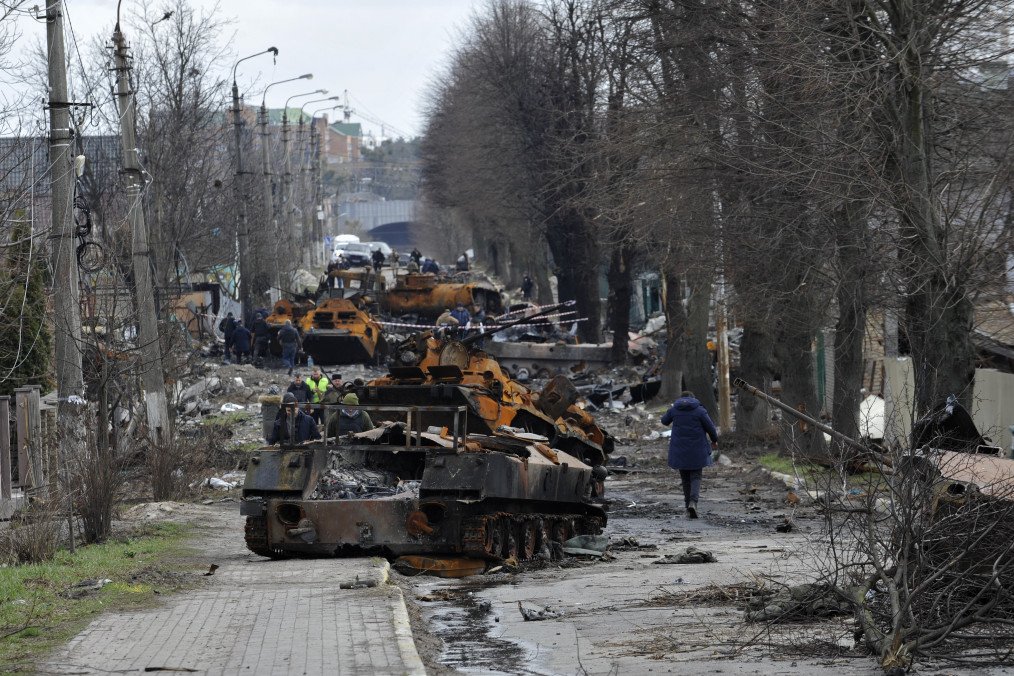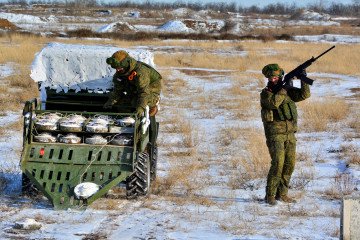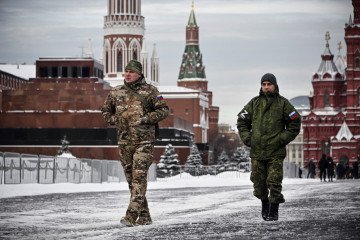- Category
- Latest news
Can the US Stop Russia’s War Tactics? Lessons From the Minsk Deal, According to ISW

The Trump administration has a strategic opportunity to disrupt Russia’s pattern of combining military action with diplomatic agreements to further its goals in Ukraine.
This is the core argument of the Institute for the Study of War’s (ISW) report, Lessons of the Minsk Deal: Breaking the Cycle of Russia’s War in Ukraine, released on February 11.
The report examines how past diplomatic efforts, particularly the Minsk II agreement (2015) , failed to prevent war and instead contributed to conditions that enabled Russia’s full-scale invasion in 2022.
The ISW released a framework for negotiations with Russia, urging the United States to learn from past mistakes and keep three key principles in mind.
The Trump Administration has a historic opportunity to break Russia’s cycle of overt war and war through “peace” in Ukraine. To do so, the United States must learn the lessons from the Minsk deal:
— Institute for the Study of War (@TheStudyofWar) February 12, 2025
1. Russia will seek to transfer the responsibility and cost for its war onto… https://t.co/nAGRgKVghf pic.twitter.com/yiDO2JRmqY
Highlighting that Minsk II was originally intended to halt Russia’s limited invasion but failed to hold Russia accountable.
In the report, the ISW frames the deal as portraying Russia’s 2014 invasion as an internal Ukrainian issue, placing obligations on Ukraine while absolving Russia. By freezing the frontlines without ensuring a Russian withdrawal, Minsk II gave the Kremlin strategic advantages, reinforcing its belief that Ukraine could be controlled politically. When this failed, Russia launched its full-scale invasion in 2022.
The report concludes that rather than resolving the war, Minsk II provided Russia with time to prepare for a broader war while fostering a false perception of stability in the West.
Western hesitation in responding decisively to Russian aggression further prolonged the situation. Minsk II reinforced a belief that negotiation could curb Moscow’s ambitions, delaying military assistance to Ukraine and enabling Russia to strengthen its position.
Any new agreement that legitimizes Russia’s territorial gains from the 2022 full-scale invasion risks encouraging further aggression and increasing the likelihood of a broader war involving NATO.
The ISW makes the case that to prevent further escalation, the United States must ensure that Russia bears full responsibility for its actions and does not retain any gains from its invasion. The failure of Minsk II highlights the necessity of a firm approach that removes any prospect of Russian success in undermining Ukrainian sovereignty.
Earlier, it was announced US President Donald Trump and Russian leader Vladimir Putin may seek a Ukraine ceasefire before Easter (April 20) or Victory Day (May 9), according to officials on February 13.
-554f0711f15a880af68b2550a739eee4.jpg)
-33441405bda6df220cc127a38043a08d.jpg)



-5c046892336e809095181703f36c6c6e.png)

-c439b7bd9030ecf9d5a4287dc361ba31.jpg)